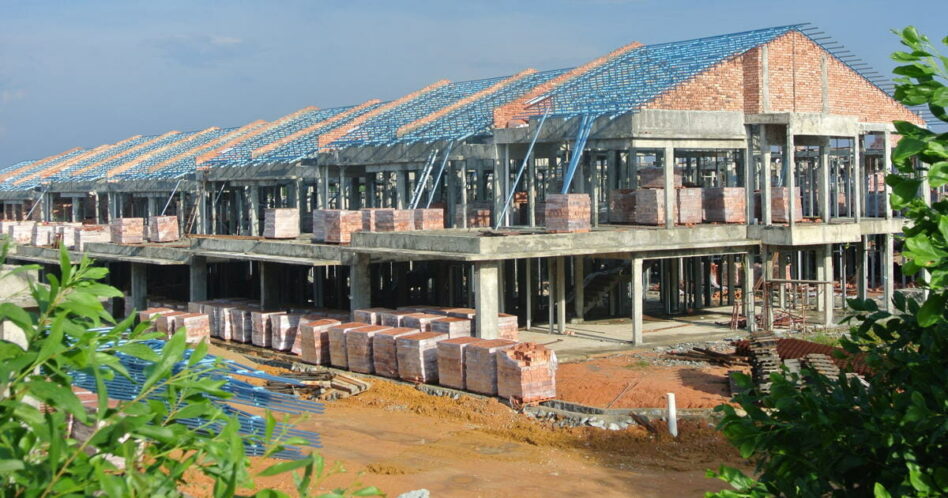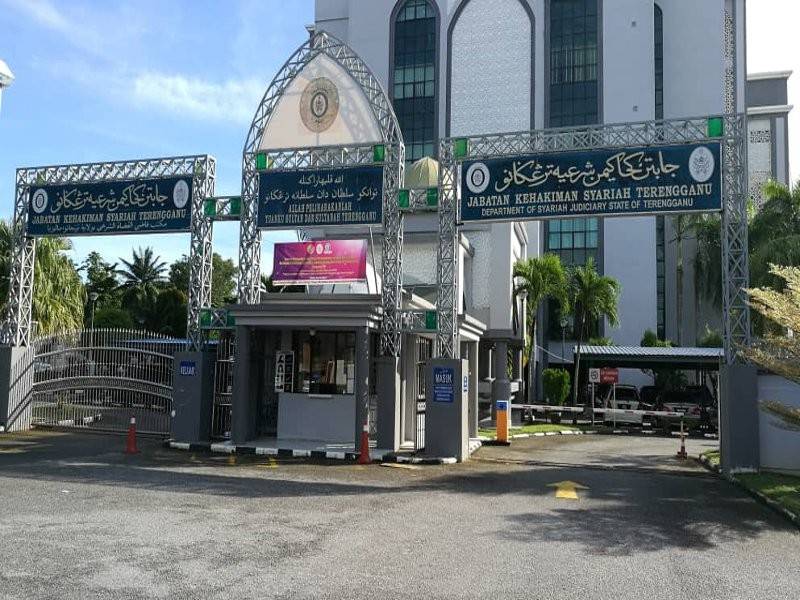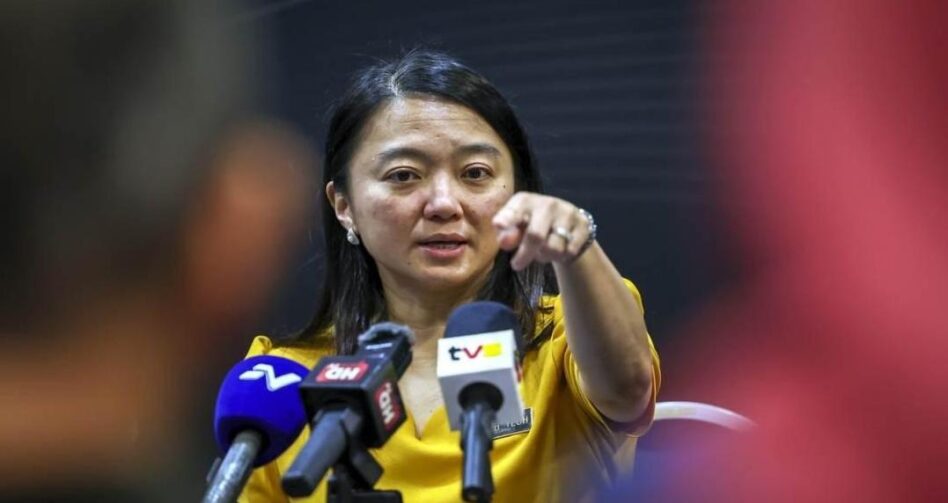by Doreenn Leong
THE Securities Commission’s (SC) recent issuance of a guidance note for public listed companies (PLC) on the conduct of fully virtual general meetings during the Movement Control Order (MCO) period is seen as a good and timely one.
“The SC guidelines are timely and definitely a step in the right direction,” Minority Shareholders Watch Group (MSWG) CEO Devanesan Evanson told FocusM.
“As far back as 2017, the Malaysian Code on Corporate Governance, through its Practice 12.3, has advocated the practice of remote participation at general meetings (virtual and hybrid), but the takeup was very slow.
“We are only aware of one PLC which adopted this Practice in 2019. The slow takeup rate was due to the Practice being a principle-based exhortation as opposed to a rule-based demand for compliance,” he explained.
Devanesan added that the Covid-19 outbreak has made the exhortation a ‘necessary reality.’
“The slow takeup was probably also due to cost (which I understand is pretty reasonable) and the lack of the current burning-platform that is Covid-19,” he said.
He pointed out that while conducting virtual AGMs will incur incremental cost, PLCs can save in terms of renting of premises to conduct the general meetings, food and beverage as well as door gifts.
“The Guidelines are friendly enough as they allow a PLC to have a virtual AGM as long as there is no specific provision in the Constitution prohibiting virtual AGMs; we do not think that there are any PLCs with such a prohibition in their Constitution.
“The Guidelines also limit gathering at the main premises to eight relevant persons and offer suggestions as to who they could be. This includes the chairman. This does not mean that other directors need not attend; all directors need to attend as it is the board that is accountable to the shareholders.
“The role of the chairman becomes particularly important as the Chair will now have to manage the virtual shareholders in a virtual AGM; (and even more important when there is a hybrid AGM as there will be two sets of shareholders),” he said.
Devanesan said PLCs cannot postpone their AGMs indefinitely as the annual report and financial statements, which need shareholders’ approval, will become dated to enable a meaningful discussion.
However, not all shareholders, especially the minority shareholders, will welcome the shift to holding virtual AGMs as not all shareholders have the tools, equipment or knowhow to enable them to participate remotely.
“Perhaps, in a sense, change has been forced upon us for the better. Shareholders who wish to participate in virtual AGMs need to be digitally and technologically savvy to a certain extent,” he added.
Devanesan believed shareholders will miss the aura and ambience of the physical meeting, with the door gifts and hospitality, and the ability to articulate their thoughts face-to-face with the accompanying histrionics.
“They will miss catching up with shareholder friends and the accompanying fellowship. Overall, the SC Guidelines are timely to enable PLCs to adopt virtual (and hybrid) general meetings,” he said.
FocusM recently reported that holding virtual shareholders’ meetings will likely be the new normal for many PLCs as the Movement Control Order (MCO) which took effect from March 18, had effectively hampered many PLCs from carrying out their general meetings as scheduled.
Bursa Malaysia Bhd, Sunsuria Bhd, CAB Cakaran Corporation Bhd and Wellcall Holdings Bhd were among the companies which were supposed to hold their annual general meetings in March but had to postpone them due to the MCO.
Among the companies which had called for AGM in April are British American Tobacco (Malaysia) Bhd, Westports Holdings Bhd, KLCC Property Holdings Bhd and Malakoff Corporation Bhd.

Meanwhile, here are some questions and answers with KPMG in Malaysia partner Kasturi Nathan (left) on SC’s guidance note pertaining to holding virtual general meetings.
Do you think it is a good move to conduct virtual shareholders meetings given the complexity in doing so?
In line with Practice 12.3 of the MCCG, companies are called upon to have transparent and regular communication with shareholders, including leveraging technology to promote shareholder participation.
As stated by the SC in its Guidance Note dated April 18, 2020, listed issuers in the intervening period of the MCO should conduct general meetings in a fully virtual manner (i.e. having only a broadcast venue with the chairman and a maximum of seven other essential persons being present at the main physical venue) unless the listed issuer’s constitution explicitly prohibits otherwise.
In a post-MCO period where safe distancing requirements remain, listed issuers should conduct their general meetings in a fully virtual or hybrid manner (i.e. physical presence in the general meeting with the option of remote participation for shareholders).
SC has further added that where a listed issuer’s constitution expressly prescribes the requirement for a physical meeting venue to conduct its general meeting, such listed issuer is advised to defer the conduct of its general meeting by submitting an application for extension of time to the Companies Commission of Malaysia (CCM) until circumstances permit the use of a physical venue for hybrid general meeting.
So far, from January 2 to April 17, our analysis showed that 85 general meetings [covering Annual General Meetings (AGMs) and Extraordinary General Meetings (EGMs)] have been conducted, representing a decrease of 23% compared to last year.
We expect this trajectory to continue, unless companies undertake the path of fully virtual or hybrid general meetings.
A simple arithmetical analysis on shareholdings of the top 100 companies by market capitalisation in Malaysia proves that on average, a large company has over 15,000 shareholders (based on an analysis by KPMG in 2018).
Given that fully virtual or hybrid general meetings have the potential to turbocharge the shareholder participation rate which has traditionally been low for physical AGMs, companies should take advantage to establish an accessible platform with available technology to engage with shareholders near and far. This can serve to communicate and deliver transparency in performance, whilst keeping cost of general meetings minimal but meaningful.
What would be the best practices in conducting such virtual shareholders meetings?
In facilitating the conduct of the fully virtual or general meetings, companies may draw reference from AGM Best Practice Guide for Listed Issuers (released by the Malaysian Institute of Chartered Secretaries and Administrators with the support of Bursa Malaysia Bhd) and the AGM Checklist released by SC in February. These documents are premised on considerations relating to pre-AGM, during AGM and post-AGM.
Simply put, in crisis-proofing the AGM proceedings, it is imperative for companies to accord due attention to the entire gamut of proceedings, as advocated by KPMG with the moniker of PROOF – (PR – pre-AGM preparation; O – observing the proceedings and OF – officially finalising).
In terms of procedural matters arising from the deployment of technological means, companies should ensure that the online registration process is authenticated.
Shareholders should be availed to presentational materials, accorded with sufficient time to cast their votes, and there should be mechanisms to filter the questions raised as well as avenues for shareholders to subsequently revisit a detailed account of the AGM proceedings, if needed.
In the near future post the Covid-19 pandemic, companies can consider having fully virtual AGMs, interspersed with hybrid AGMs once every three or five years.
This will assist companies to lower the cost of hosting a AGM, reduce the administrative burden and better engage with a wider pool of shareholders to glean feedback and formulate action plans.
What would be the implications if PLCs do not hold their AGMs within the specified timeframe?
As stated in Section 340(2) of Companies Act 2016, AGMs for public companies need to be held within six months of the company’s financial year end and not later 15 months from the preceding AGM date.
In accordance with the powers accorded under Section 340(4) of Companies Act 2016 and upon application by companies affected by the MCO, the Companies Commission of Malaysia can grant an extension of time up to three months for companies to hold an AGM post-MCO.
Delayed or ineffectively run AGMs will inevitably give rise to the potential delays in the announcement and approval of final dividends, election and re-election of retiring directors, approval of directors’ remuneration and share buybacks, if any.
Companies may also be in “technical breach” over selected matters due to cut-off issues as a number of resolutions commonly passed at AGMs are drafted so as to expire at the following AGM, or at a long-stop date thereafter.
Examples of such resolutions include share buyback authorities as well as approval of directors’ fees and benefits payable.
To elucidate further, if the AGM in 2020 cannot be held until after the expiry of the long-stop date in the 2019 AGM resolutions, the company may not have any valid authority in these areas. – April 20, 2020










